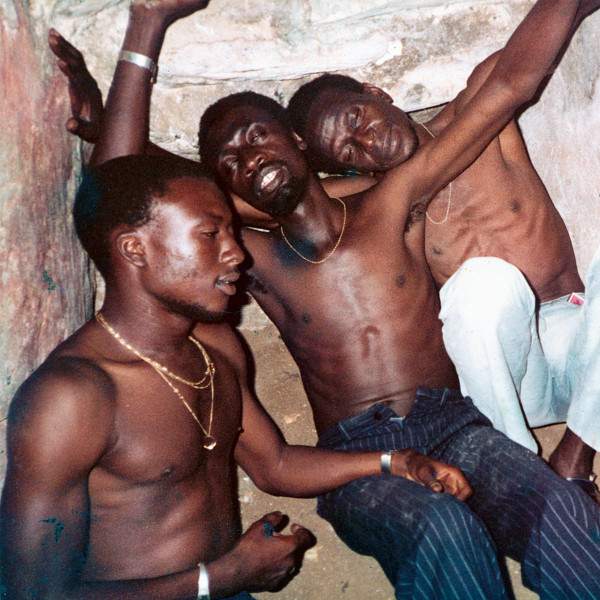Follow Us
Browse
Services
Disques La Rama
77 Rue Bernard O.
Montréal, QC
H2T 2J9 Canada
+1 514 769 2966
ALL RIGHTS RESERVED © CG
Open today: 12:00 - 19:00
1 / 0

Artists
Labels
Catno
TBLP026
Formats
1x Vinyl LP Album Stereo
Country
Release date
Oct 11, 2024
Genres
Galgi by Karantamba on Teranga Beat.
Teranga Beat returns to its roots in West Africa and more precisely to Gambia, to present Galgi, the second album of Bai Janha’s groovy steamroller Karantamba on the label. The first album of Karantamba - Ndigal was a crucial one for the label as it was its third release, marking its identity: exploring cultural hybrids where traditional music is still present, in that specific region of West Africa in the beginning and later on to other parts of the continent and the Mediterranean.
Galgi was recorded 4 years after Ndigal in 1988 in Studio Wings in Dakar on reel tapes. An Afro-Mading jewel that remained unreleased until today and as an original ‘80s recording, guitars and synthesisers are thriving together with a killer groove throughout the entire album. The difference between Galgi and the previous recordings of Karantamba is not only the ’80s sound but also the female vocals of Ndey Nyang!
Galgi means “Slave ship” in Wolof, a track dedicated to the people who suffered during the Atlantic slave trade, and this is why the photo of the cover was shot in the emblematic House of Slaves in the Gorée island in Dakar. The song remains contemporary, as many people today take the risk of sailing through the maelstrom of the Atlantic Ocean towards unknown shores—a journey reminiscent of the historical immigration from the West Coast of Africa, where slave ships once set sail. This time though, it reflects an effort to escape the realities imposed on Africa by former colonisers since the continent gained independence.
*Taxes excluded, shipping price excluded
TBLP026 - GM - 2024
A1
Ahiru Saman
A2
Kadija
A3
Ndigal
A4
Mama Kelela
B1
Wara
B2
Galgi
B3
Makeh Eya Yea
Disques La Rama
77 Rue Bernard O.
Montréal, QC
H2T 2J9 Canada
+1 514 769 2966
ALL RIGHTS RESERVED © CG